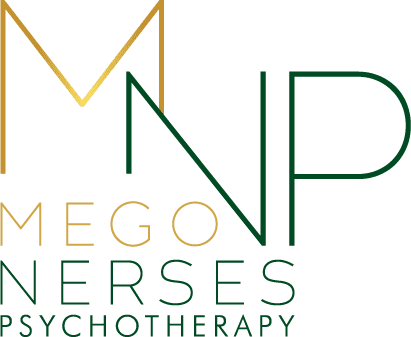
Immigration Evaluations
For many immigrants and refugees, their migration journey to Canada is marked by multiple stressors and cycles of violence that are shaped by gender, ethnicity, politics, sexual and gender identities and other intersections.
The stress of being separated from family and navigating the complexities of immigration law in Canada can be overwhelming. For people who have experienced trauma, the combination of their immigration experiences and symptoms of mental health can be overwhelming. Being confronted by the complex system of immigration laws in this country can be intimidating, creating a perfect storm for traumatic stress to emerge.
When you add the knowledge that a person’s safety may depend on his/theirs/ hers mental health status at the time they leave their homeland, it becomes clear that there is no room for error when working with refugees.
The process of exploring the refugees’ history to determine eligibility for asylum can be painstaking, detailed, and complex. Further complicating the matter is the fact that traumatic stress is a common issue experienced by many immigrants seeking asylum. Clinicians who conduct these evaluations must therefore have a very specific set of skills and cultural competencies that allow them to maximize their effectiveness. Specialized training in this area will help clinicians more successfully evaluate the client.
Clinicians who conduct immigration evaluations should follow a safe clinical work. This will help ensure that the client is not harmed by unfair or unnecessary practices such as self-report questionnaires, taking details of history of trauma or being incompetent and unaware of cultural manifestation of mental health.
In practice, clinicians are best positioned to understand how to effectively conduct immigration evaluations, and how to advocate for clients within the larger social, cultural, and political framework. Given that clinicians receive training in these types of evaluations, they are likely the ideal candidate to develop cross-disciplinary expertise in contextual variables relevant to each individual’s experience with the intersections of multiple identities such as race, ethnicity, sexual and gender identities, religion, culture etc.
Your rights as a refugee
As a refugee, it is your right to ask questions about the competencies of your therapist or the clinician who will conduct the evaluation. You can also ask for an evaluation by someone with specialized knowledge of trauma and immigration issues.
Here are some questions to ask in advance:
What is her/their/his educational background?
How long has been working in this area?
What are their credentials?
What kind of training has she/he received to conduct immigration evaluations and trauma?
You may also want to ask about their experience in working with refugees.
Remember: The therapist needs to be licensed/registered with a governing body in order to practice in the province where they are conducting evaluations.
In addition, you should feel comfortable with your therapist and have an honest conversation about how they will conduct the assessment. You can ask them what language they speak and if they will have an interpreter present during the interview.
When deciding on an evaluator for your case, it is important that you feel comfortable with them and trust them because this person will be making decisions about your future.
Feel free to comment and share your thoughts with me.

